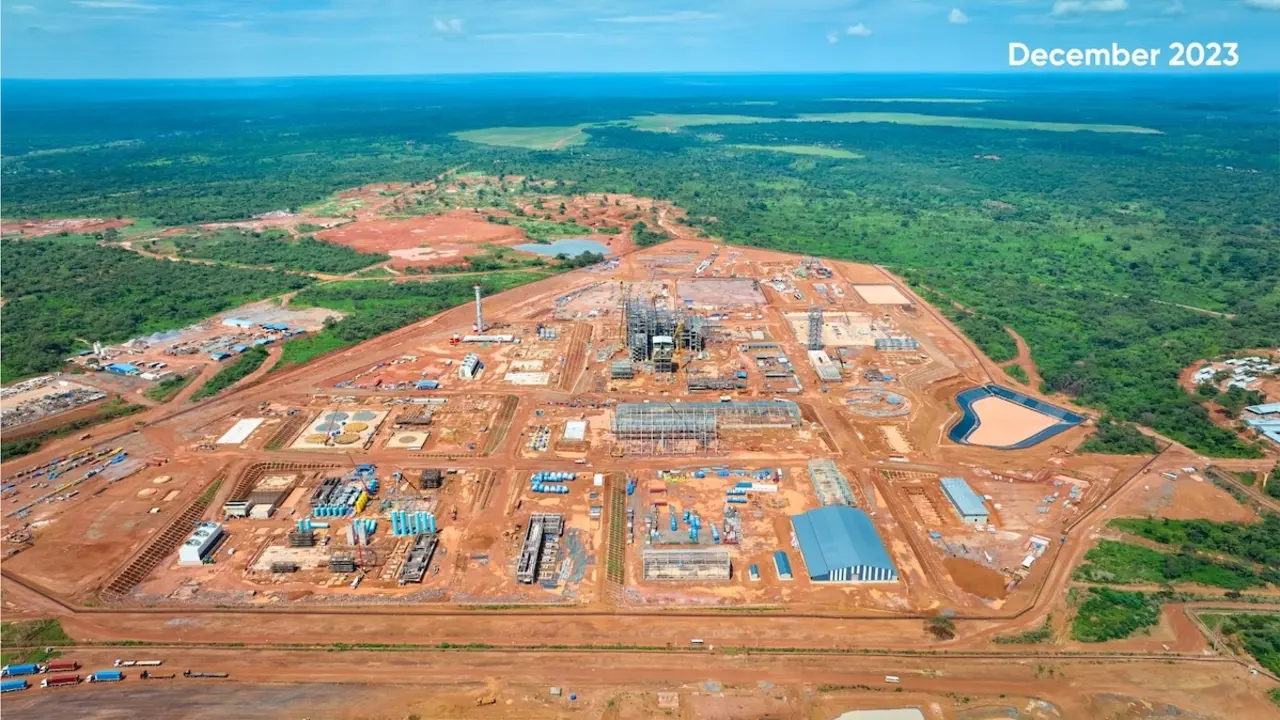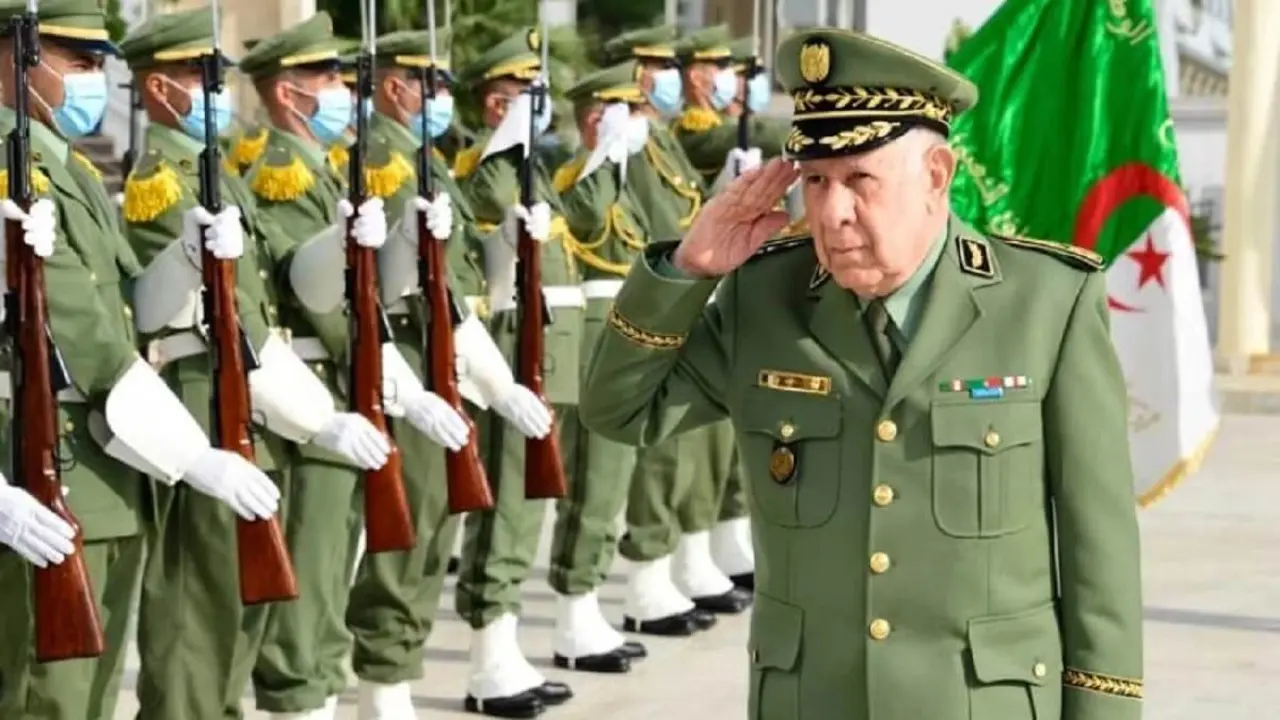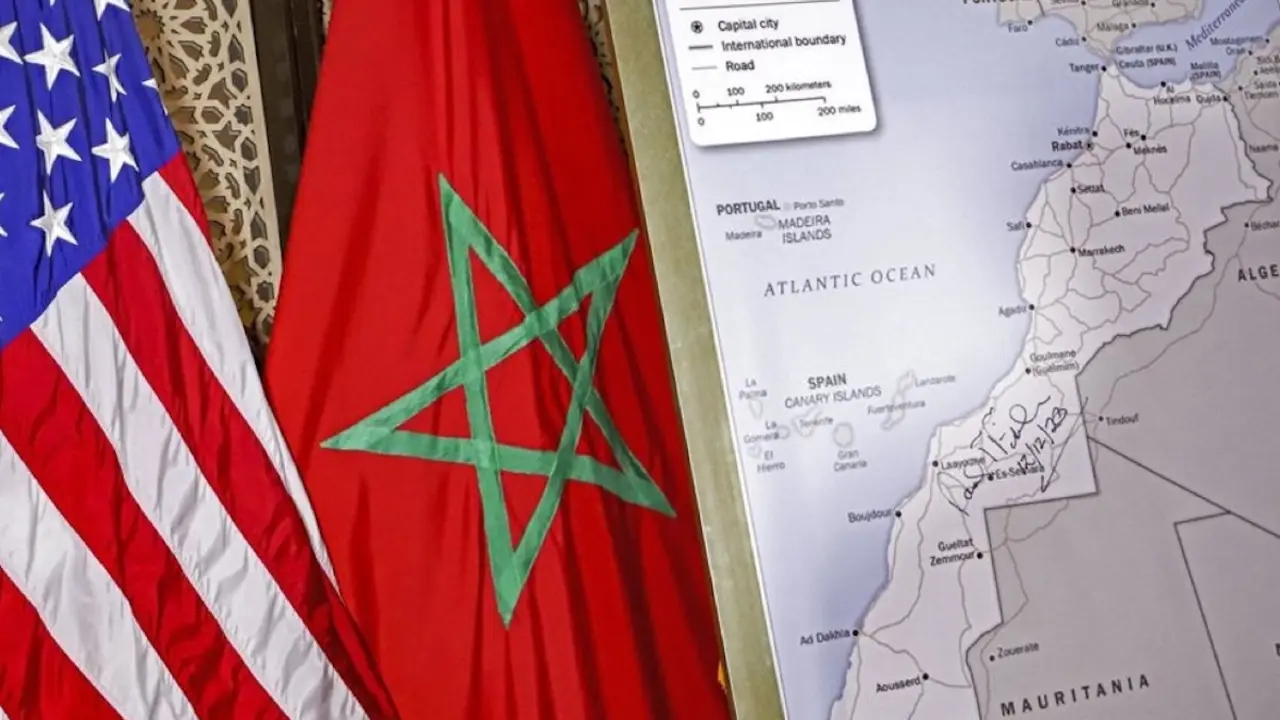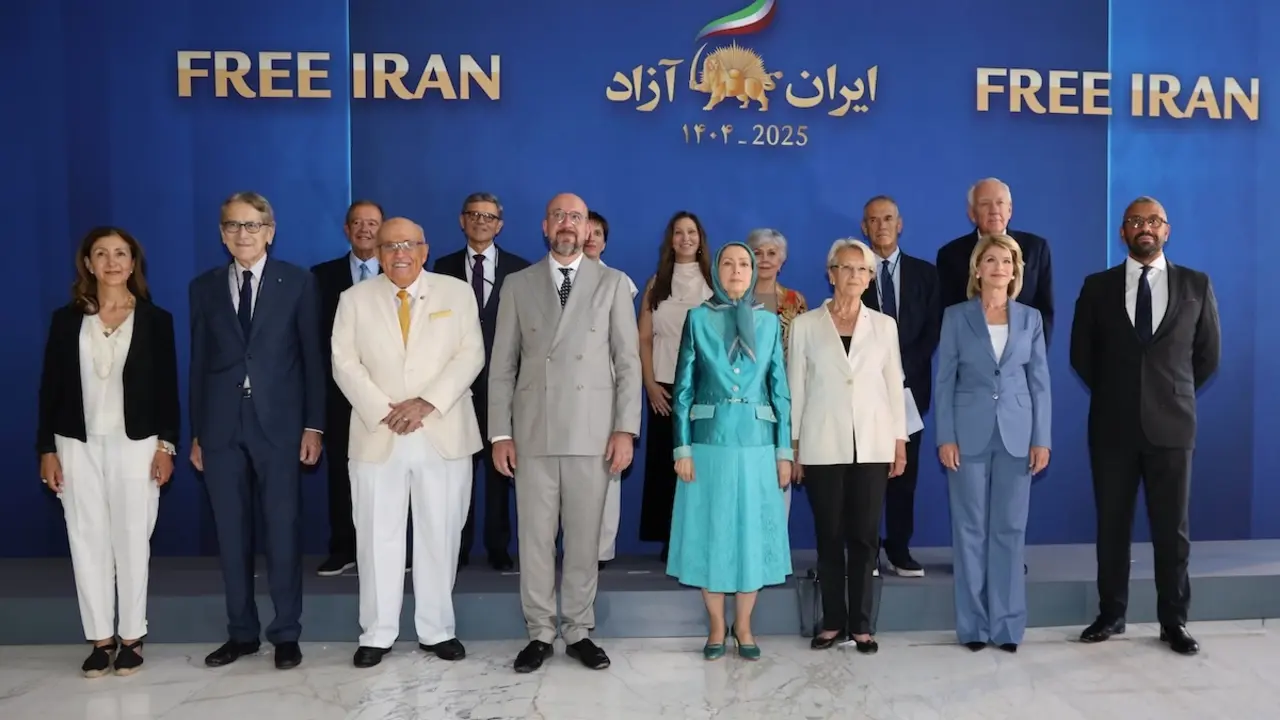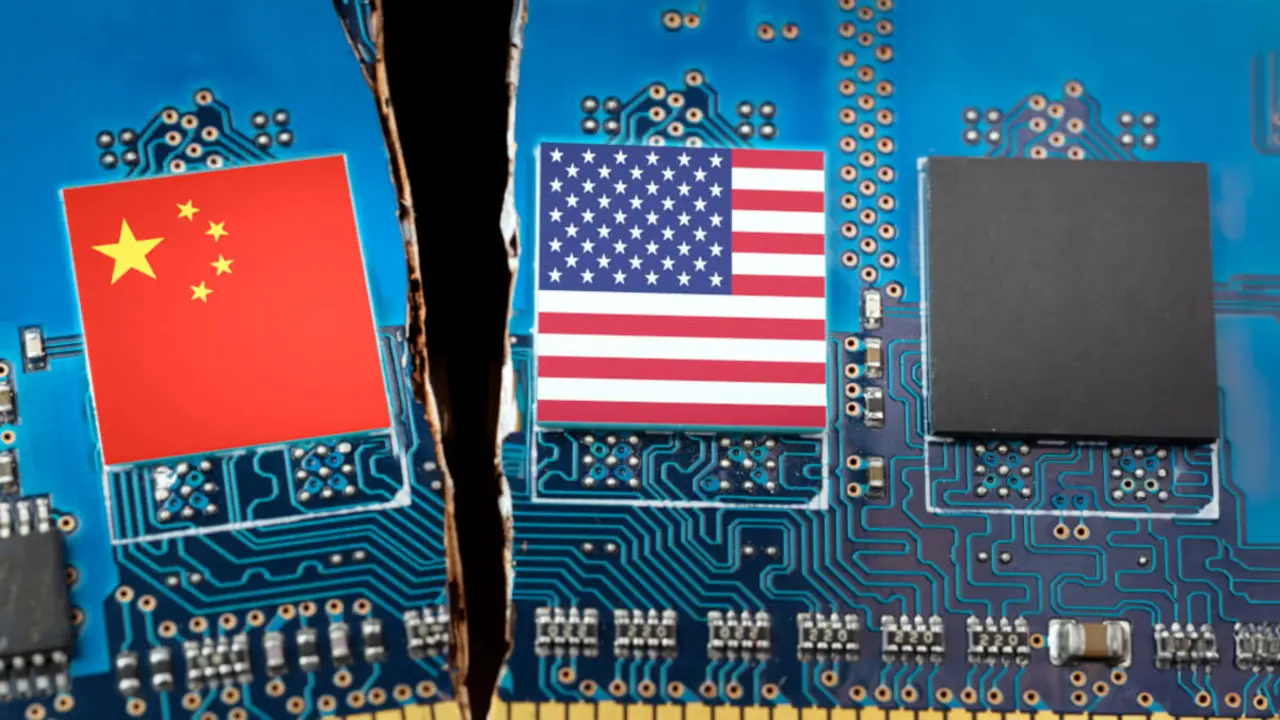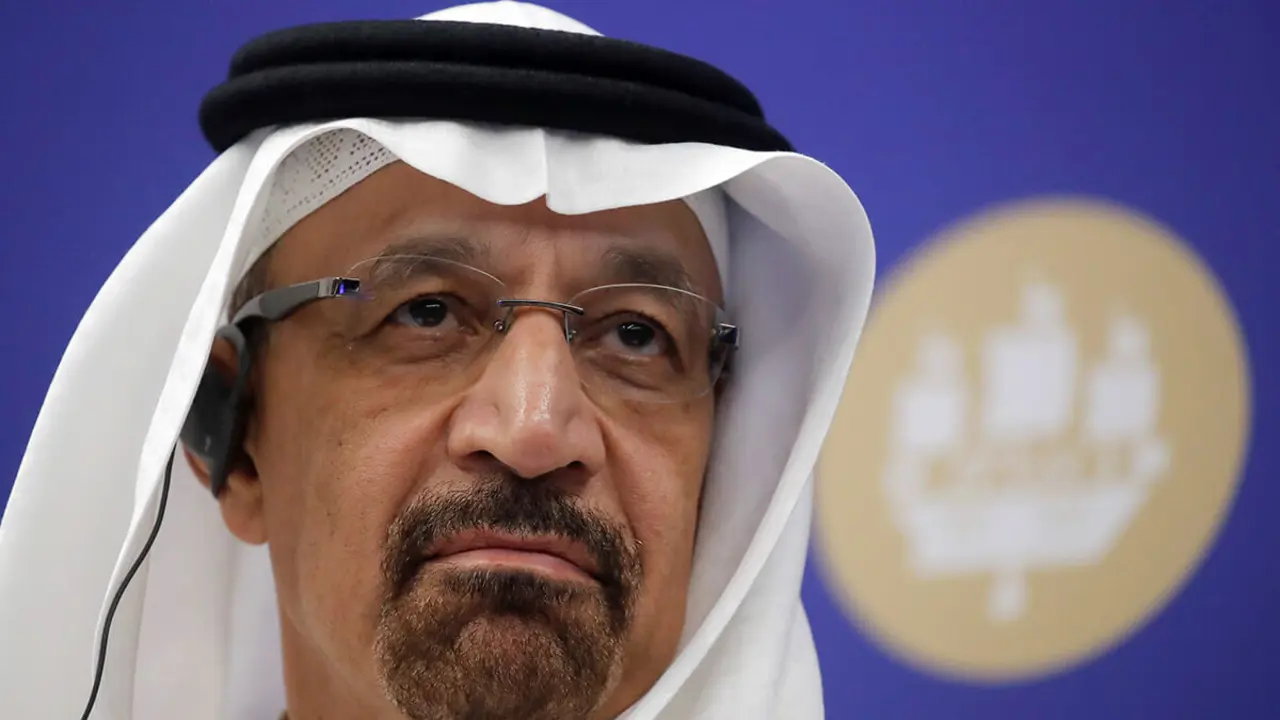Mohamed VI aboga por una “alianza mundial por la paz” de cara a proteger a Jerusalén
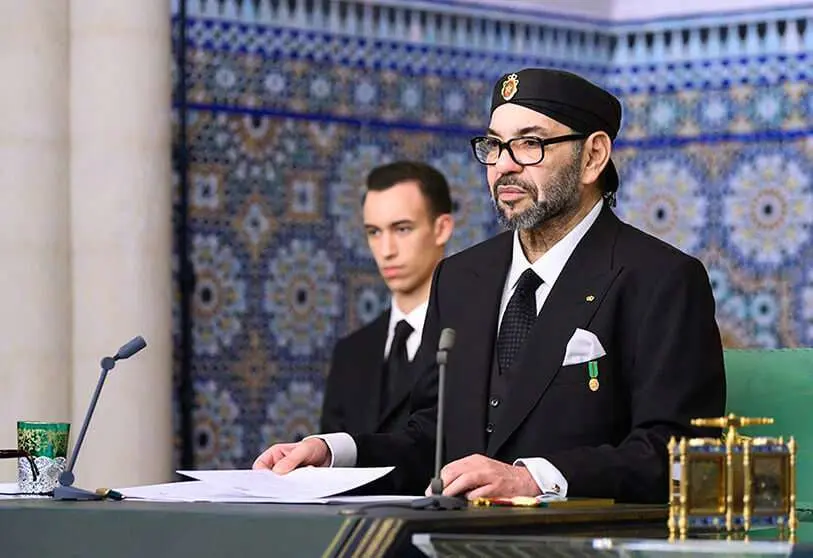
The King of Morocco, Mohammed VI, called for a "global alliance" of all parties concerned with peace and tolerance and peaceful coexistence to protect Jerusalem. In his capacity as president of the Al-Quds Committee (Jerusalem's name for the Arab world), the Alawite monarch called for this initiative to protect the city of Jerusalem and preserve its cultural heritage as a common wealth for all humanity. He emphasised the need to unite Arab and Islamic efforts to become more involved in protecting and supporting the city.
Mohammed VI addressed the participants in the High Level Conference on the Protection and Support of Al-Quds, which took place on Sunday in Cairo, Egypt, and delivered this message, which builds on the call launched in Rabat, the Moroccan capital, in 2009 on the occasion of the International Conference on Al-Quds, with the aim of encouraging once again a global alliance to unite all the forces involved in tolerance and peaceful coexistence in order to save Jerusalem, the so-called City of Peace, and preserve its "common civilisational and human heritage", as reported by Morocco's official news agency MAP.
The royal court message was read out during the summit by Aziz Akhannouch, head of the Moroccan government. The message was symbolic of the importance of the city of Jerusalem or Al-Quds for all Arabs and Muslims. Mohammed VI alluded to the fact that the action of defending this city 'must not be a circumstantial or occasional act, but must encompass influential diplomatic actions and concrete actions carried out on the ground inside the Holy City'.
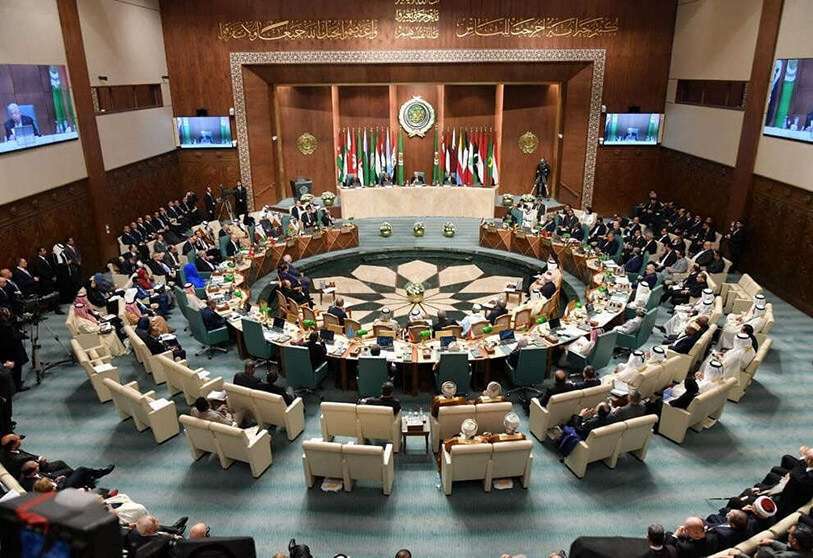
In his message, the monarch recalled that for more than 25 years, the Bayt Mal al-Quds al-Sharif Agency, considered the executive body of the Al-Quds Committee, under the Organisation of Islamic Cooperation and under the leadership of Mohammed VI, has aimed to support the Holy City and preserve its civilisational character.
The Bayt Mal al-Quds al-Sharif Agency carries out social and development projects for all sectors of the inhabitants of the city of Jerusalem, as pointed out by the monarch himself, who also stressed that "the Agency has been able to carry out more than 200 projects, at an estimated cost of 65 million dollars, with entirely Moroccan funding, from its budget, included in the category of state donations, as well as approximately 70% from the category of institutional donations and individuals", as reported by the MAP agency.
The chairman of the Al-Quds Committee reaffirmed once again the Kingdom of Morocco's continued commitment to the Palestinian cause in general and the Al-Quds issue in particular. "We attach the highest importance to the Holy City. We place it in the same place as our first national cause, and it is also one of the constants of our foreign policy, as we have affirmed on several occasions," Mohammed VI said.
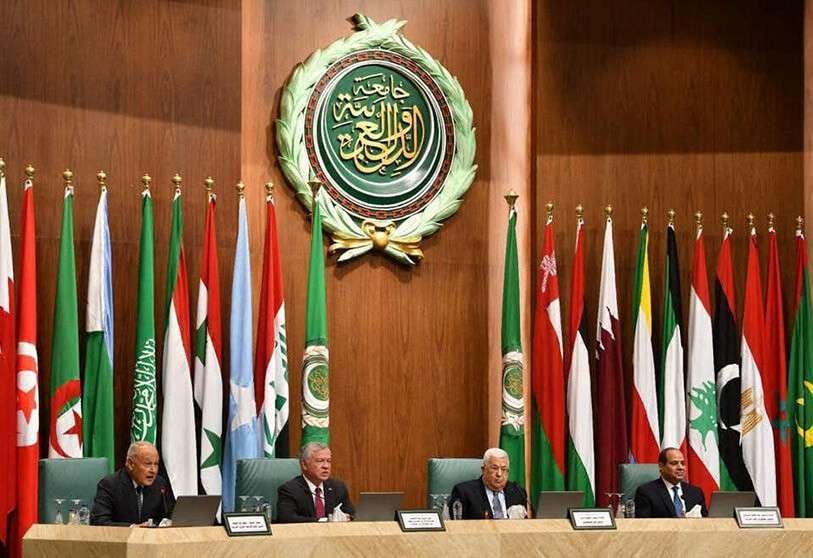
Morocco continues to consider that the Palestinian cause is "essentially a political question and constitutes the key to a lasting and global solution that seeks to establish peace and stability in the Middle East region", declared Mohamed VI, who advocated a just solution to the Palestinian problem, respecting international law and working towards a two-state solution, one Israeli and the other Palestinian in the region.
The Moroccan sovereign stressed that the ultimate objective is to move towards an unblocking of the political situation, which could open up optimistic prospects for peace, security and prosperity in the region. "To this end, it is important to respect the principles of living together and of difference, whether cultural, religious or doctrinal, which constitutes a shared cultural and social heritage and wealth, which unites rather than separates," said the King of Morocco, recalling that it was in this spirit that the "Al-Quds Appeal", signed with Pope Francis in Rabat on 30 March 2019, was drawn up.
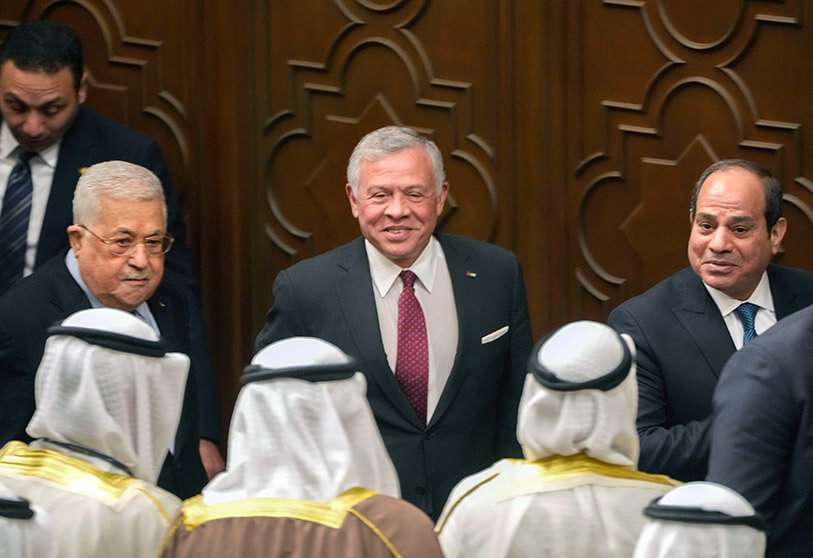
In this vein, it is worth recalling the figure of Mohammed VI as Amir Al Mouminine, the prince or emir of the believers. This is an Islamic title traditionally associated with that of caliph, which indicates that its bearer is the highest religious authority among Muslims. In the case of the King of Morocco, this title also seeks to promote peaceful and respectful coexistence between different religions, despite the differences that may exist between communities. This is in line with the message launched by the Alaouite monarch on the need to defend peace and seek a common alliance for peaceful coexistence in the city of Jerusalem in this case. An enclave considered by Mohammed VI as a "land of meeting of civilisations, a symbol of peaceful coexistence for the followers of the three monotheistic religions and a crossroads for the values of mutual respect and dialogue". It should be recalled that Jerusalem is of great importance as the holy city of three monotheistic religions: Jewish, Christian and Muslim, and is inscribed on the UNESCO World Heritage List in recognition of its cultural and religious diversity and coexistence.
Mohammed VI also rejected all extremism and dissensions and ruptures that lead to the blockage of the peace process, the escalation of tension and the breakdown of all Israeli-Palestinian negotiations.
HM the King Addresses Message to Participants of High-Level Conference on Protection, Support of Al Qudshttps://t.co/8uE9Jo0604 pic.twitter.com/xnQOW2Jh2d
— MAP Agency (@agency_map) February 12, 2023
This latest message from the Alaouite king is aimed at fighting for peaceful cohabitation between different faiths and communities and pacifying the Middle East region in the face of existing tensions, such as those caused by the clashes between Israelis and Palestinians over their status in the region. Morocco can play an important bridging role in this regard because it has good diplomatic relations between the two sides. On the one hand, with its reaffirmed support for the Palestinian cause over the years along the lines of Arab twinning and, on the other hand, after having established diplomatic ties with the Israeli state in December 2020 under the intermediation of the United States, when the then US government of Donald Trump succeeded in getting the North African country to establish relations with Israel in exchange for the US initiative to recognise the Moroccan proposal for broad autonomy for Western Sahara under the sovereignty of the Kingdom of Morocco, respecting UN resolutions, as the most appropriate way to resolve the Sahrawi conflict that has been raging for more than four decades, This follows in the footsteps of the famous Abraham Accords whereby several Arab countries such as the United Arab Emirates and Bahrain established diplomatic ties with Israel under US auspices.


